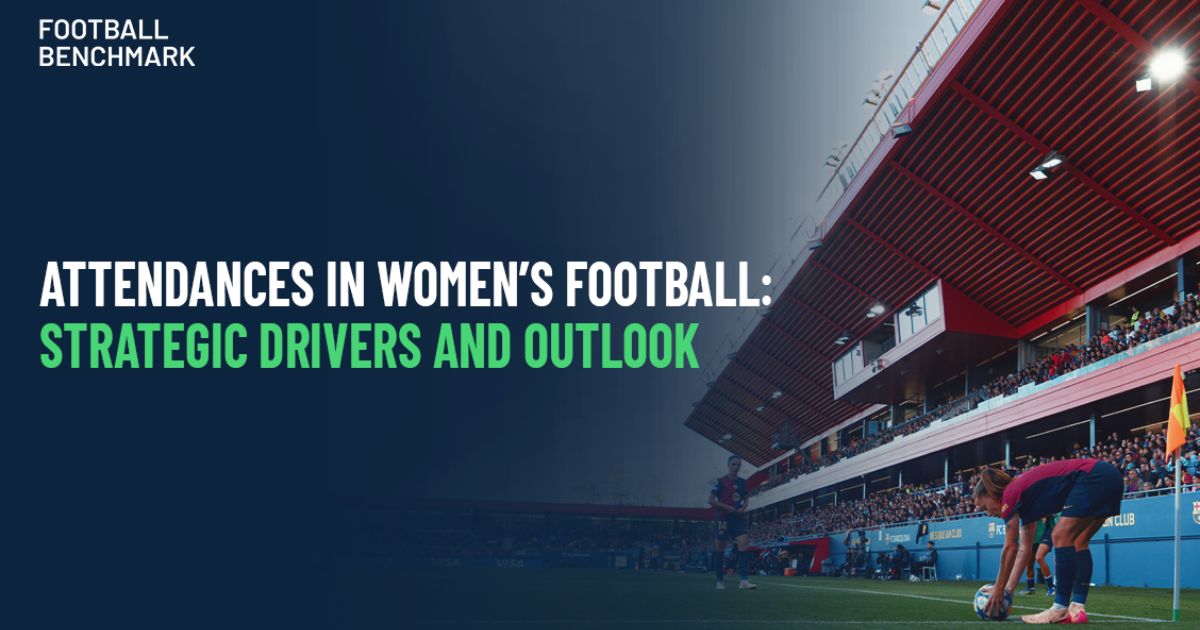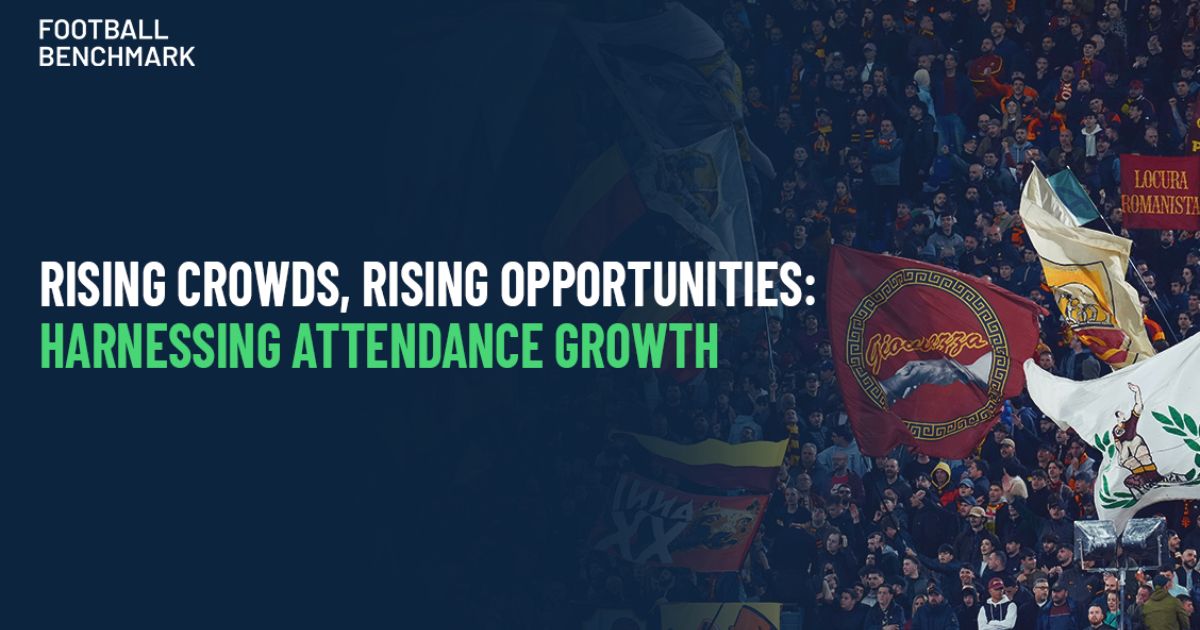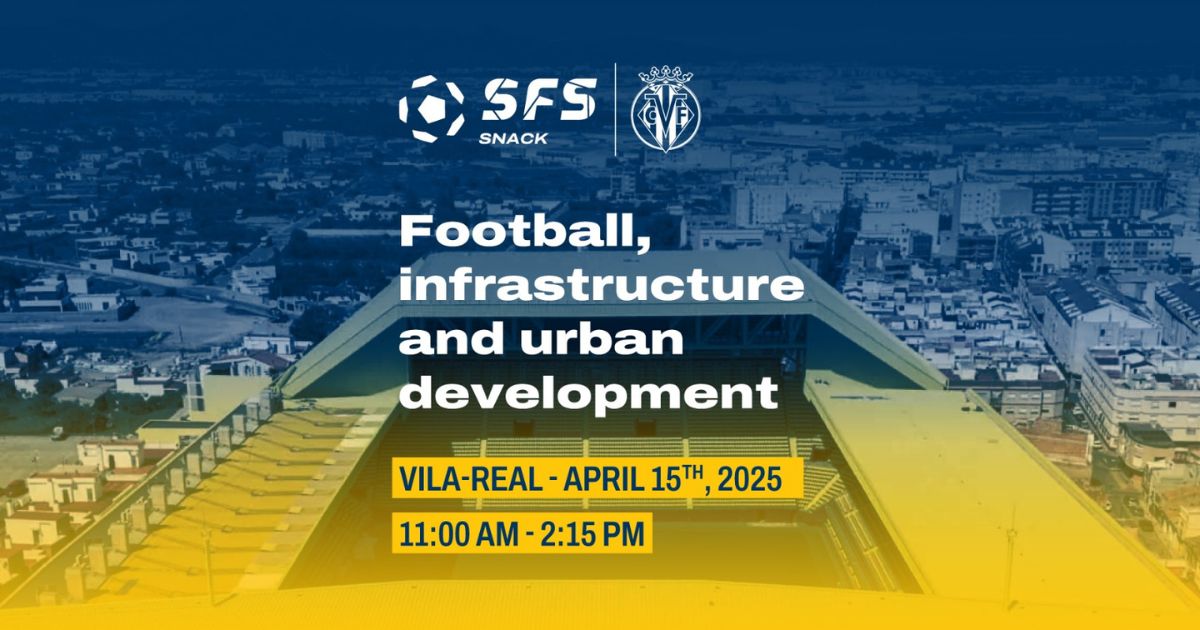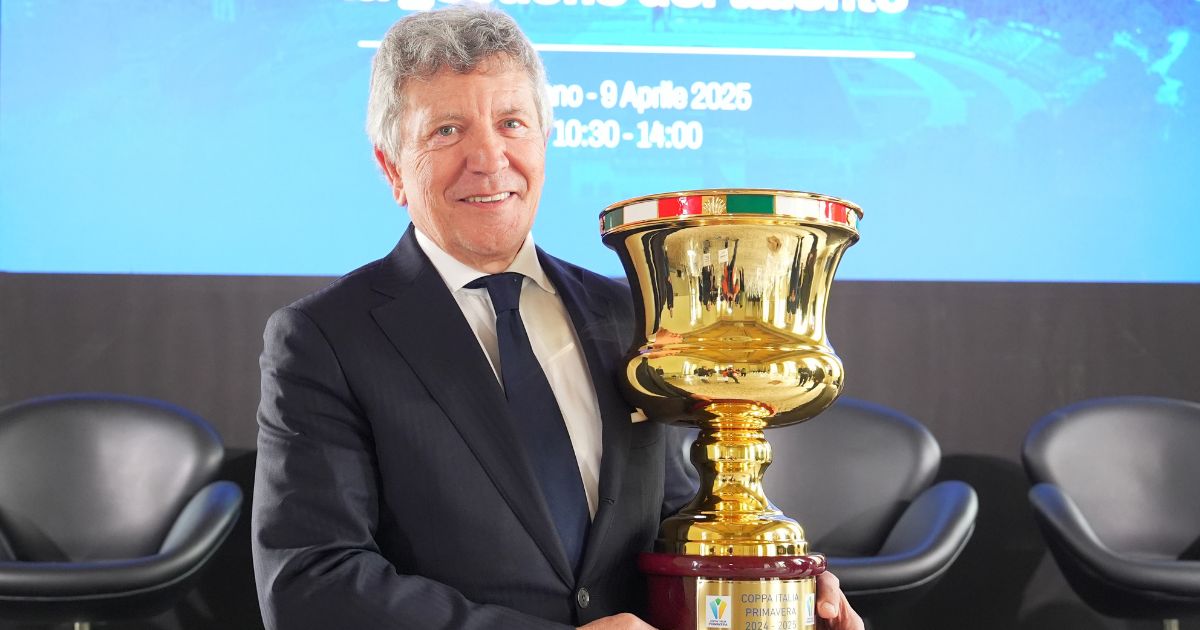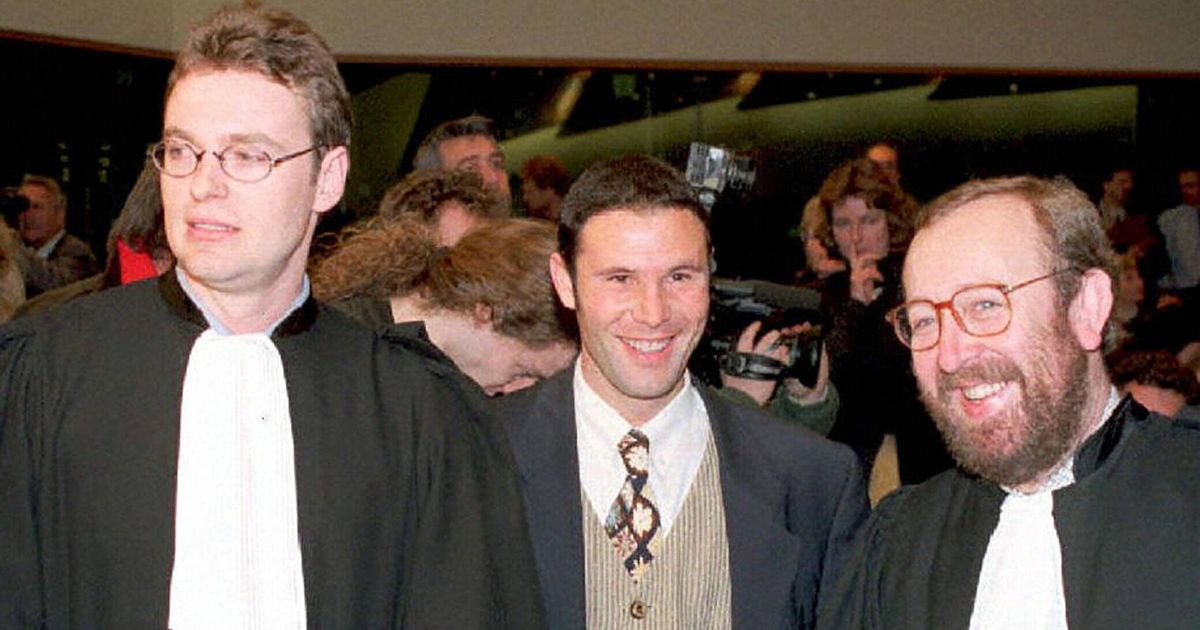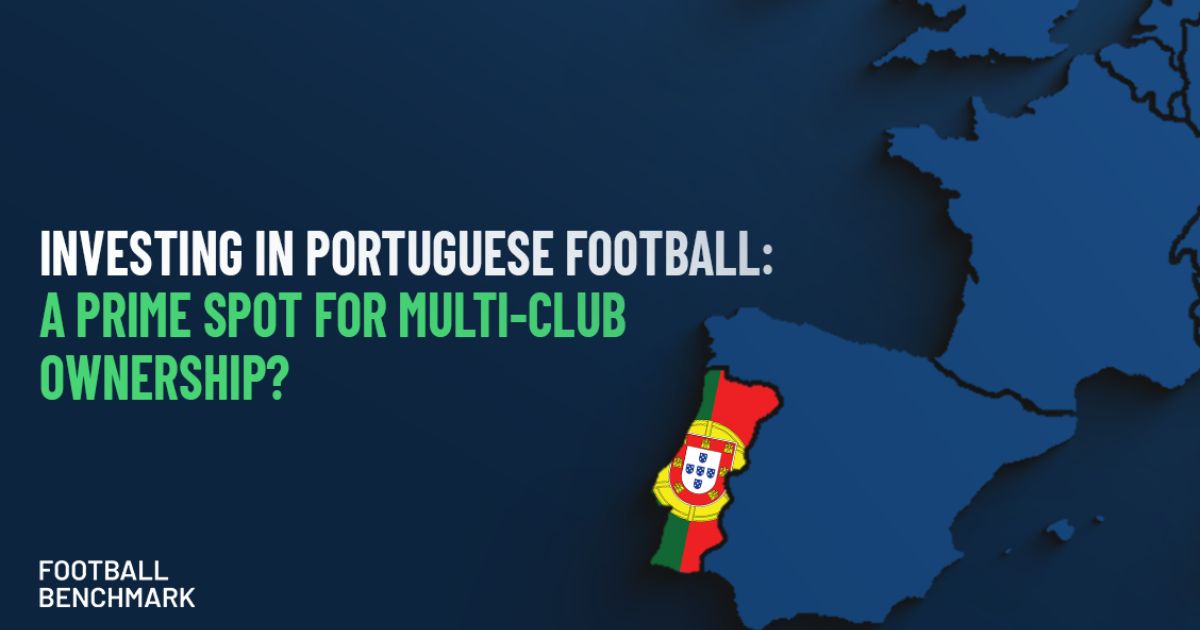Article written by Carlo Rombolà
As we enter 2025, if anyone still believes that sport — in the broadest possible sense — is limited to athletic performance or match results, it is time for a wake-up call. Such a mindset risks overlooking key elements, foremost among them: sports justice.
From the Sinner case in tennis to the Brescia case in Italy’s Serie B football league — to mention only the most recent examples — sports enthusiasts can no longer rest easy until the results achieved on the field are formally ratified.
Let’s be clear: today’s sport is vastly different from what it was even just a few decades ago. Respecting the rules that govern the conduct of those who work with and for athletes is now fundamental to ensuring fair competition.
What is making headlines at the moment, however, is the fact that the system of sports justice — at least at the international level (although any shockwaves would certainly affect national courts as well) — is under scrutiny by the Court of Justice of the European Union (CJEU). Through its Advocates General, the Court has begun to question the legitimacy of the current framework.
The first “blow” to sports arbitration came from Advocate General Tamara Ćapeta, who in January — in case C-600/23 (Royal Football Seraing) before the CJEU — concluded a detailed legal analysis by suggesting that the arbitral awards of the Court of Arbitration for Sport (CAS) in Lausanne — often considered the “Supreme Court” of international sports law — “must be subject to full judicial review by national courts, in order to ensure that FIFA regulations comply with EU law.”
The core idea behind this opinion is that EU-based stakeholders (athletes, clubs, federations) subject to FIFA’s dispute resolution system must have direct access to full judicial review by national courts regarding all aspects of Union law, regardless of a final and binding arbitral award from the CAS.
Although the case concerned football, the implications extend to all sports. Just last week, Advocate General Nicholas Emiliou expressed his views on three cases brought before the CJEU — C-209/23 (RRC Sports), C-428/23 (ROGON and others), and C-133/24 (Tondela and others) — stating that “the self-governing powers of sports governing bodies are subject to limitations when they have significant repercussions on matters governed by EU law.”
Although these opinions did not focus directly on sports justice (they addressed issues of competition, the internal market, and data protection), Advocate General Emiliou centered his analysis on a key component of that justice: the autonomy of national and international sports bodies, and the extent to which their regulations must comply with EU legislation.
For years, the so-called “sporting exception” has justified the regulatory autonomy of sports, both in technical and disciplinary matters. While there is little doubt over the legal validity of this autonomy in the former, it is when sports organizations seek to self-regulate beyond the field of play that, according to the Advocate General, doubts arise as to the compatibility of such autonomy with EU law.
On the other hand, it is worth reflecting on the meaning and scope of that autonomy — justified, in the first place, by the general lack of interest of States in regulating sport, and secondly, by the high level of specialization required of legal and judicial operators in sports justice, which is governed by principles (such as the expediency of rulings) that are foreign to ordinary law, let alone to European legal procedures.
It is important to note that the opinions of the Advocate General are not binding on the Court of Justice, and the judgments in the cases mentioned herein have not yet been issued. Nevertheless, the emergence of this debate — on an issue that has never truly been questioned until now — certainly warrants special attention in the coming months, from the publication of the initial rulings to any potential countermeasures, whether preemptive or reactive, by international sports federations.
International Sports Justice Under Attack: Opinions from the EU Court of Justice
Article written by Carlo Rombolà As we enter 2025, if anyone still believes that sport — in the broadest possible sense — is limited to athletic performance or match results, it is time for a wake-up call. Such a mindset risks overlooking key elements, foremost among them: sports justice. From the Sinner case in tennis to the Brescia case in Italy’s Serie B football league — to mention only the most recent examples — sports enthusiasts can no longer rest easy until the results achieved
SFS BRINGS THE INNOVATION OF SPORTS VENUES TO TURIN
On May 27th at the Allianz Stadium in Turin, a day of meetings, networking, and innovation for the future of venues SFS arrives in Turin with a new edition of the SFS Snack format, focused on one of the most current topics in the world of sports and entertainment: the evolution of sports venues. "Venue Vision: from infrastructure to experience" is the title of the event that will be held next May 27th at the Allianz Stadium in Turin, for a day
Attendances in Women’s Football: Strategic Drivers and Outlook
Analysis by Football Benchmark Following last week’s analysis of rising matchday attendances in men’s football, this article shifts focus to the women’s game — where recent seasons have seen promising momentum. European women’s football is gaining traction through increased media coverage, and growing commercial interest, fueling a steady rise in stadium attendances. Yet, infrastructure constraints, intensified competition for fan attention, and misaligned stakeholder priorities have hindered a more cohesive and systematic approach to growing stadium audiences. In a market where significant
Rising Crowds, Rising Opportunities: Harnessing Attendance Growth
Analysis of Football Benchmark The booming live event and experience economy is reshaping how consumers prioritise their time and spending — and football is uniquely positioned to benefit from this broader trend. Across Europe’s top leagues, stadiums are now brimming with energy and expectation, as matchday attendance surpasses pre-pandemic norms. This resurgence is more than symbolic. At a time when media rights revenues are plateauing for many clubs and commercial growth is maturing, rising attendances — coupled with a fresh wave
AMB Elettronic is a Partner of the SFS
SFS is pleased to announce a partnership with AMB Elettronic, a leading Italian company in the field of electronics applied to sports. Founded in 1994 in Adria (RO), AMB Elettronic specializes in the design and manufacture of electronic substitute scoreboards used in international sporting events and recognized by organizations such as FIFA and UEFA. The quality and innovation of AMB's products-including the famous Delta whiteboards with LCD display and programmable memory-represent a perfect example of made-in-Italy excellence. In addition to this,
SFS and Villarreal CF present SFS Snack: “Soccer infrastructure and urban development”
SFS (Social Football Summit) and Villarreal CF are proud to announce the next edition of SFS Snack, a short-form international conference dedicated to the soccer industry, to be held on April 15 at the famous Estadio de la Cerámica. SFS Snack Vila-real will bring together high-level speakers, including representatives from major clubs such as Villarreal CF, AS Roma and Valencia Basket Club, as well as managers of international brands such as Ascale. The event, titled "Football, infrastructure and urban development," will
“FROM YOUTH FOOTBALL TO BIG-TIME FOOTBALL: TALENT MANAGEMENT”
The conference, organized by Lega Serie A in collaboration with SFS, was held before Milan-Cagliari, the Primavera Coppa Italia Final. Yesterday morning, in the prestigious setting of the Palazzina Appiani inside the "Gianni Brera" Civic Arena in Milan, the conference "From Youth Football to the Football of the Grown-ups - The Management of Talent" was held, organized by Lega Serie A and the SFS, on the occasion of the 2024/2025 Primavera Italian Cup Final. The meeting was an opportunity to take
Discovering Jean-Louis Dupont, the Architect of the Historic Bosman Ruling
Discovering Jean-Louis Dupont, the Architect of the Historic Bosman Ruling The man who, wearing the judicial robe, has revolutionized the features of global football on two distinct occasions. The Belgian lawyer will be one of the speakers at the SFS Snack in Brussels. The football lawyer. We can define Jean-Louis Dupont like this, but summarizing such an influential personality with three words would even be reductive. His figure is closely linked to two watershed events in the football context: the Bosman ruling
Investing in Portuguese football: a prime spot for Multi-ClubOwnership?
Analysis by Football Benchmark 1. Portugal boasts a strong player development ecosystem, with elite academies consistently producing high-value talent that moves to Europe’s top leagues.2. The country’s historical and linguistic ties to some areas of South America and Africa provide a competitive edge in scouting and integrating emerging talent.3. Favourable regulations, including unrestricted recruitment of non-EU players, enhance Portugal’s appeal as a key market for international talent development.4. The relatively low acquisition costs of Portuguese clubs, coupled with expected revenue growth
Premier League’s Green Revolution: ESG, Innovation and Passion for Football
During an engaging panel organized by SFS24, industry experts and managers examined the crucial role of sustainability in soccer, focusing on how Premier League clubs are adopting environmental, social and governance (ESG) strategies to innovate and transform their operating model. The panel featured prominent figures such as Tom Harris, Sustainability Manager Brighton & Hove Albion FC; Chris Goodwin, ESG Manager Chelsea FC; Caroline Carlin, Head of Clients and Sustainability Enovation Consulting; and Kelsey Francis, Senior ESG Reporting and Communications Manager also





